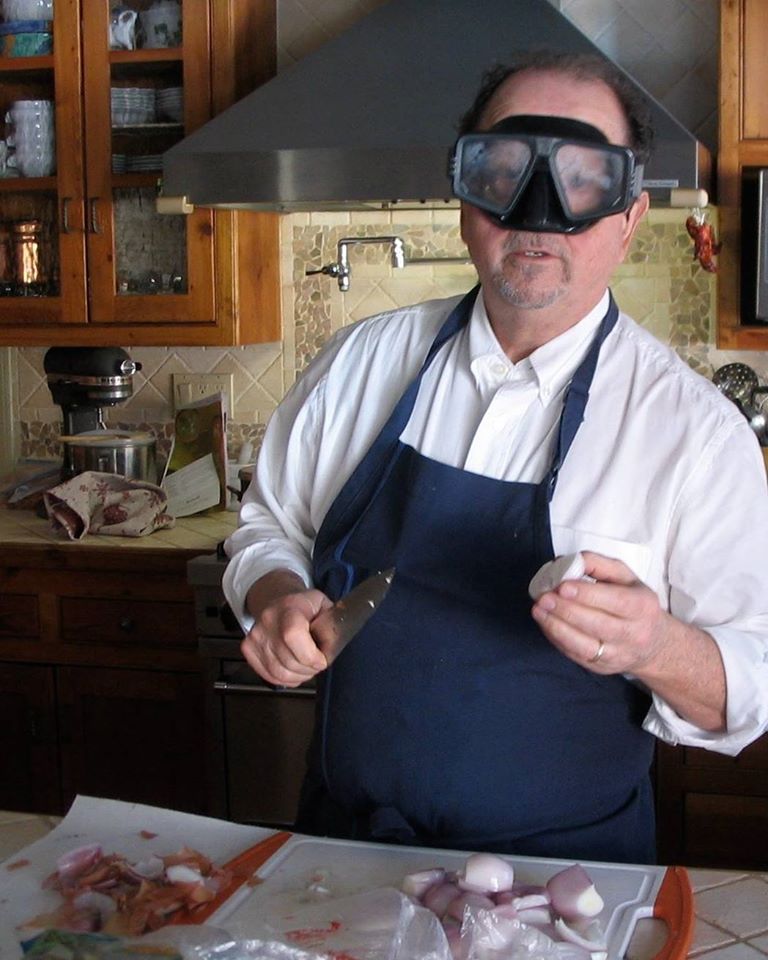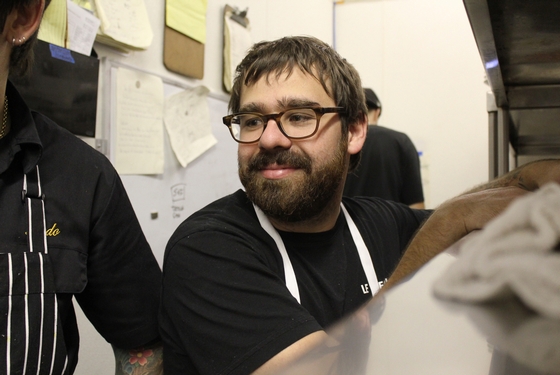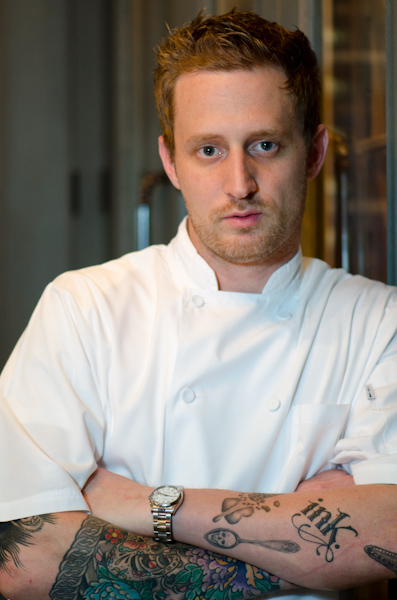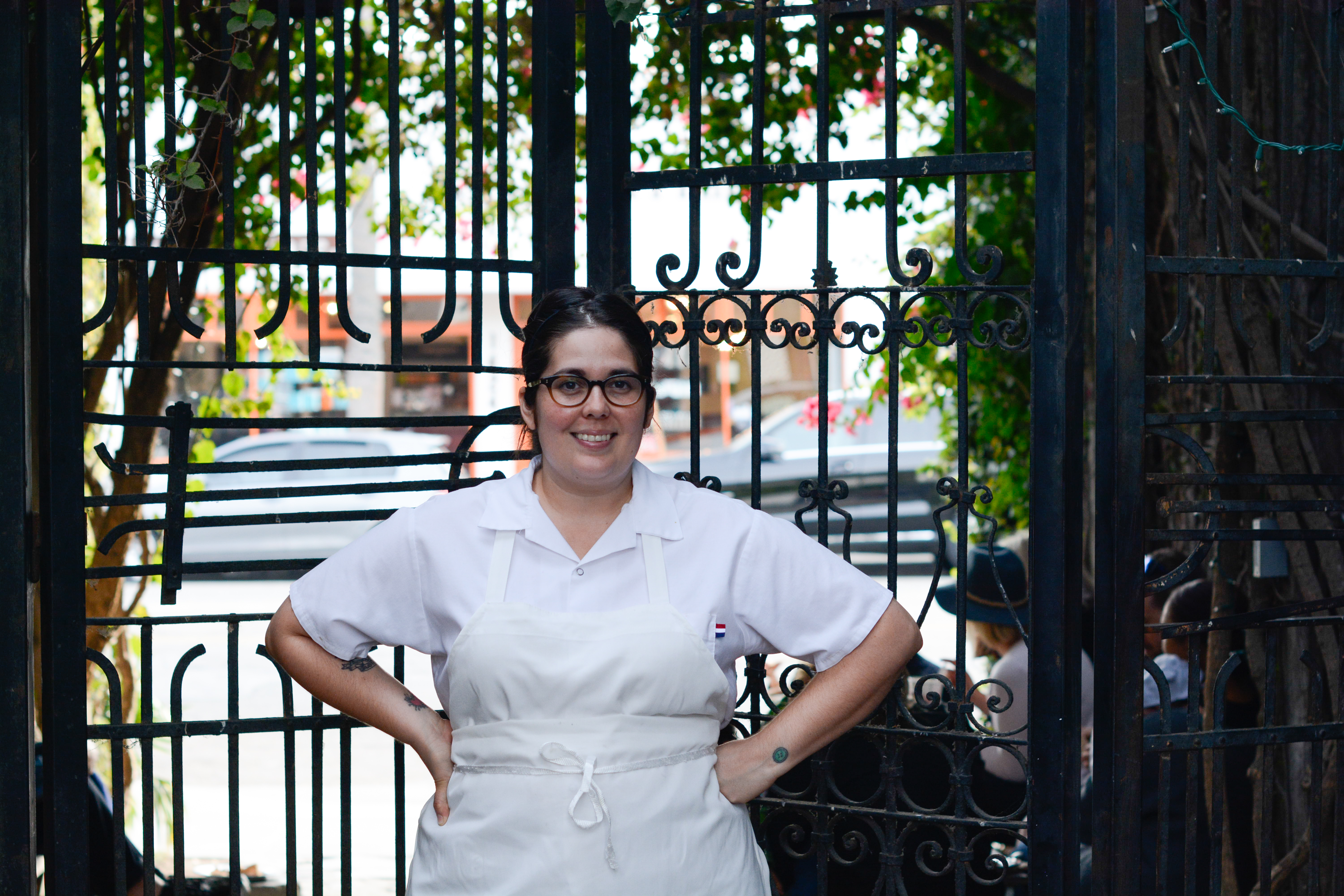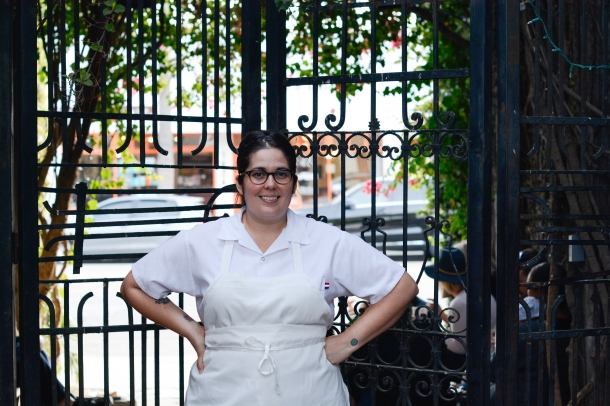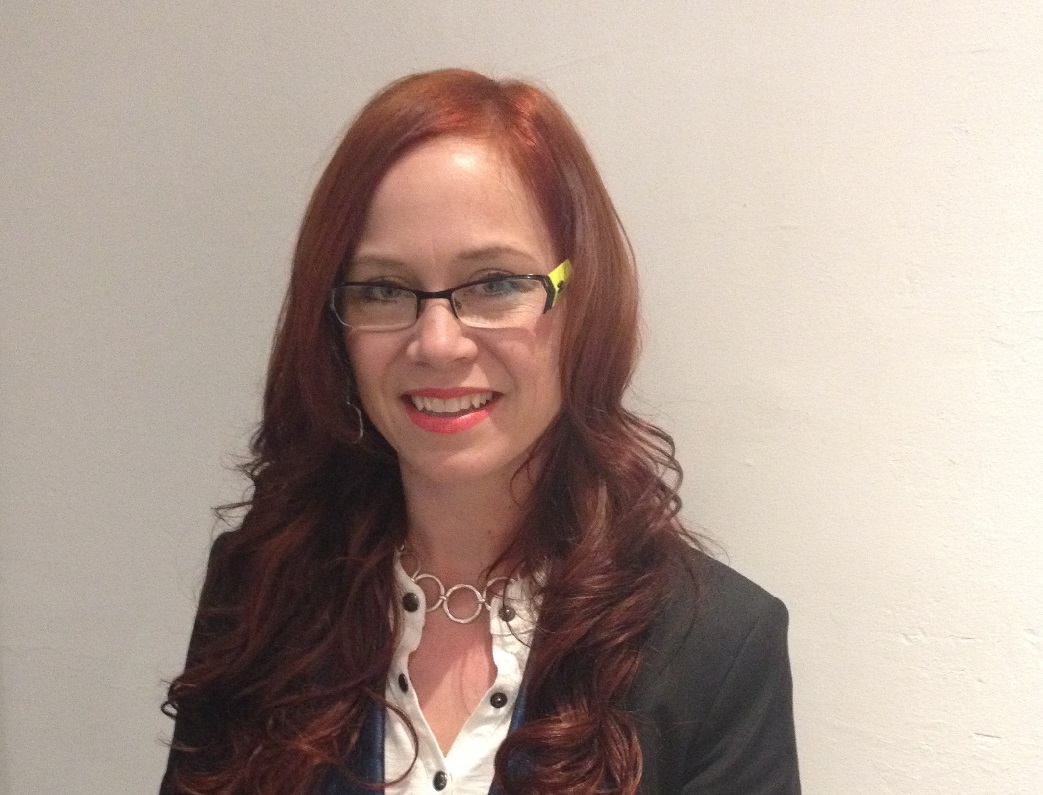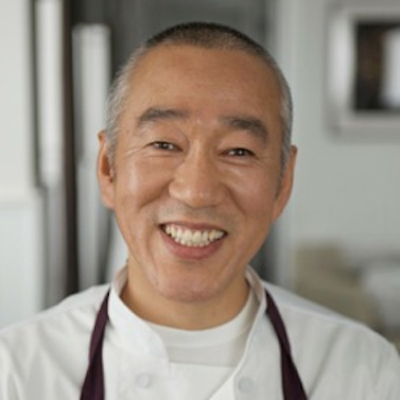Marcel Vigneron
Chef Marcel Vigneron was first introduced to the public eye as the runner-up of season two’s Top Chef. Known on the show for his molecular gastronomy techniques, Vigneron has since then built upon his specialty with his own reality TV show in 2010, Marcel’s Quantum Kitchen, and competing on Iron Chef and later seasons of Top Chef.
- What hooked you on cooking?
- I love a good challenge and cooking is one of the only occupations that I can think of that requires you to utilize every single one of your senses while simultaneously challenging you not only physically, but mentally and creatively. It pretty much provides me with everything I would ever want out of a career and you get to perform a good deed for society and provide people with not only nourishment but also experience.
- The coolest example of science in your food?
- Science is always in our food whether we know it or not but if I had to choose one, I would say I thoroughly enjoy working with eggs! Whether it be by whipping whites to peaks, yolks to sabayon, making a hollandaise or whatever the case may be, eggs allow for so many fascinating scientific processes to take place through emulsification, aeration, coagulation and many more…
- The food you find most fascinating?
- Rather than say “eggs” again, which would probably be my first choice, I will venture to say that I find olive oil to be quite fascinating. It’s amazing how something when raw can taste so disgusting but through brining and pressing one can yield such an amazingly diverse and healthy product that goes with just about anything…
- What scientific concept–food related or otherwise–do you find most fascinating?
- Brining and curing have always fascinated me. Originally used as means of preservation, they have now become a staple technique in the kitchen for so many things.
- Your best example of a food that is better because of science?
- Vinaigrettes!!! A simple combination of oil and vinegar becomes so much more practical when emulsified temporarily or permanently with the addition of xanthan gum.
- How do you think science will impact your world of food in the next 5 years?
- I think science will make a positive impact on the world of food in the next 5 years through education. Every phenomenon that takes place during cooking and even in agriculture can be explained through science. The more we understand these activities and happenings the more prepared we will be to make conscious decisions regarding the future of our food.
- One kitchen tool you could not live without?
- ALL I NEED IS 1 KNIFE!!!!
- Five things most likely to be found in your fridge?
- Yuzu juice, miso paste, tofu, almond milk, fish on ice.
- Your all-time favorite ingredient?
- Salt because it brings out the flavor in everything.
- Favorite cookbook?
- Thomas Keller’s The French Laundry.
- Your standard breakfast?
- Chia seeds hydrated in almond milk with berries and nuts.


